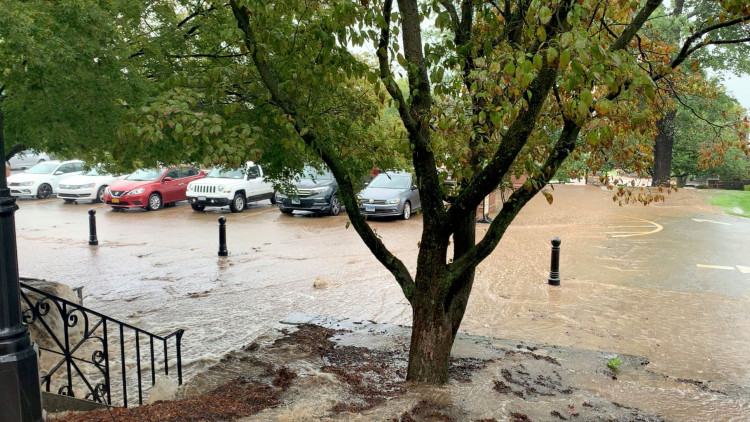Pakistan's foreign minister stated that the country needs financial assistance very badly so it can deal with the "crushing" floods.
He also expressed optimism that financial organizations like the International Monetary Fund would consider the economic impact.
More than 30 million people have been affected by disastrous floods in the country's north and south due to extreme monsoon rains, which have also claimed more than 1,000 lives.
In an interview with Reuters, Pakistan's foreign minister Bilawal Bhutto-Zardari said, "I haven't seen a disaster of this level. I find it challenging to express how I feel... it is daunting."
He added that many crops that provided a large portion of the population's livelihoods had been destroyed.
With soaring inflation, a declining currency, and a current account deficit, the South Asian country was already experiencing an economic catastrophe.
Pakistan entered a bailout program in 2019, and this week, the IMF board will determine whether to disburse $1.2 billion as part of the seventh and eighth tranches.
Bhutto-Zardari stated that the board was anticipated to approve the release given that a deal had already been reached between Pakistani officials and IMF personnel.
He also expressed hope that the IMF will recognize the impact of the floods in the upcoming months.
Going forward, he predicted that not only the IMF but also the global community and international organizations would fully comprehend the extent of the destruction.
Benazir Bhutto's son, Bhutto-Zardari, stated that although the economic damage was still being calculated, some estimates put it at $4 billion.
He said he anticipated the total number to be significantly higher given the effect on infrastructure and people's livelihoods.
Given its effects on agriculture, Pakistan's central bank has already warned that its economic production was in danger from the record monsoon rainfall.
Bhutto-Zardari stated that Pakistan would publish an appeal this week asking United Nations members to contribute to relief operations.
Meanwhile, Bhutto-Zardari remarked that they would speak with the World Bank and the Asian Development Bank in addition to the IMF in the following phase when considering rehabilitation and reconstruction.
After relief operations, according to Bhutto-Zardari, the nation would need to consider how to build more resistance to floods and droughts and deal with the significant changes the agriculture industry is experiencing.
In spite of Pakistan's minuscule carbon footprint, he said, "climatic calamities like this repeatedly ravage us, and we have to adapt within our meager means."






